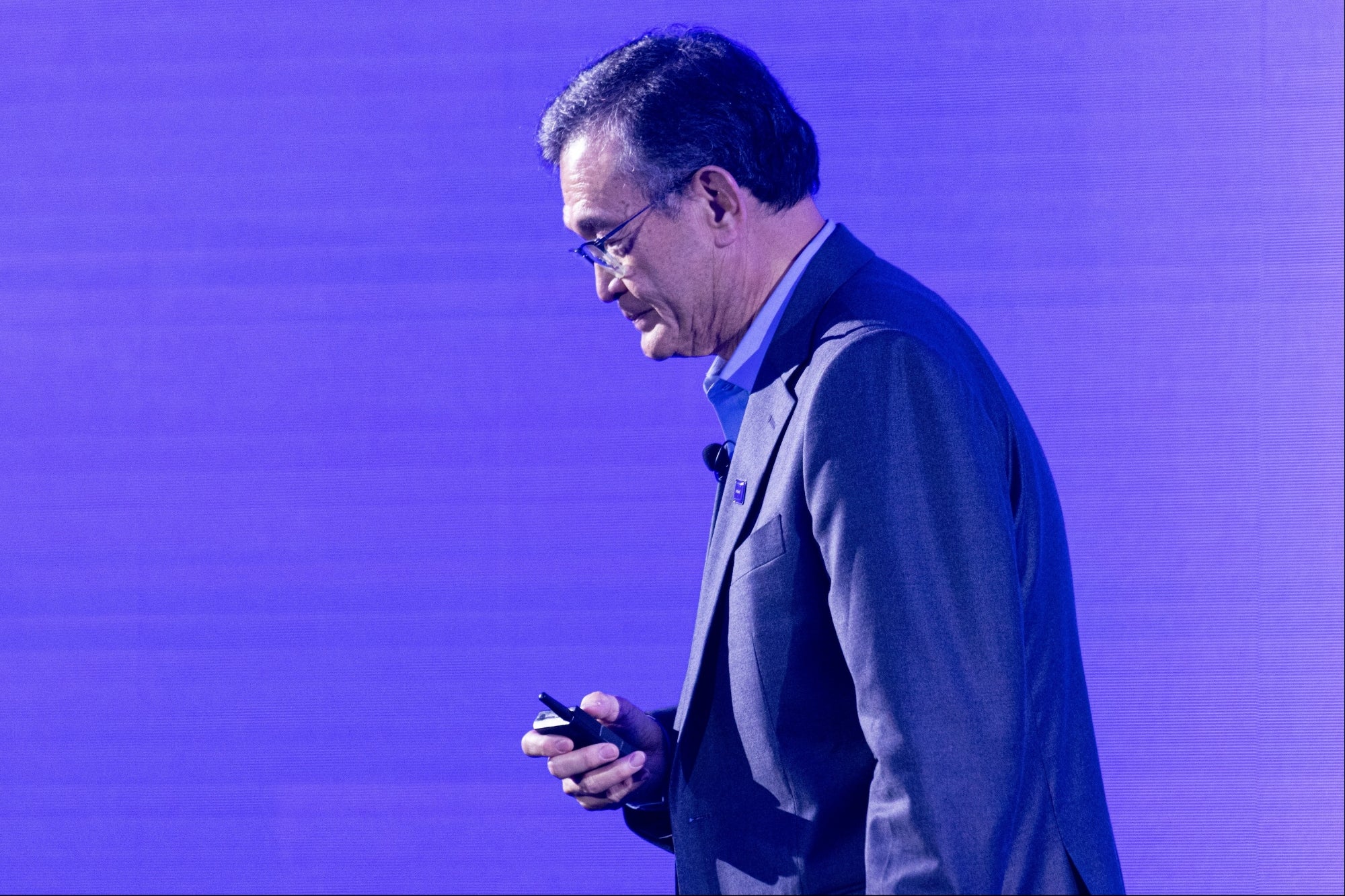What's Your 'Wouldn't Go Back' Moment? Leaving NYC for Colorado Taught Me That Working Less Doesn't Mean Less Success.
By Jason Feifer Edited by Frances Dodds
This story appears in the October 2021 issue of BIZ Experiences. Subscribe »

I believe we experience change in four phases: panic, adaptation, new normal, and "wouldn't go back."
The first three are about being forced to make changes we wouldn't have previously considered. That last phase is when we realize how valuable these changes were. We start to say, "I wouldn't want to go back to the way it was before."
As I've talked to BIZ Experiencess over the past year and a half, I've heard many "wouldn't go back" stories. (So much so that I wrote a book about it!) People found new opportunities and embraced new experiences. They reconsidered what they once believed was impossible. This is a powerful process but also a humbling one.
I'm learning that for myself right now.
Related: I Stopped Saying This Word, and It Changed Everything
Some background: My wife and I live with our two little boys in a small apartment in Brooklyn. But last March, as the pandemic raged in New York, my parents urged us to move in with them in Boulder, Colo. They had more space, and we agreed a break could be good.
I felt out of place in Boulder, which is snuggled up against the mountains. I'm a creature of New York; I love its aggressive energy and grind, and I struggled to connect with Colorado's laid-back locals. "Our people aren't in Boulder," I told my wife. But we were fortunate to get our kids into full-time school there, which wasn't available in Brooklyn, and that meant staying longer.
One day, I saw a neighbor go on a midday bike ride. At first I scoffed at him; I'd never slack off in New York! Then I thought, I won't always live here. Maybe I should take advantage? A few days later, I put the computer down, got on a bicycle, and went out into the mountains. I worried about the work I wasn't accomplishing, but I enjoyed the feeling of movement. When I got back, I discovered that nothing bad had happened. So I went biking the next day, too. Soon I was going regularly, and hiking, and my career advanced unabated. I sold a book. I landed some big new projects. And I did it while working fewer hours and treating myself better.
This, I now realize, was me moving from one phase of change to another. I'd left panic and entered adaptation.
Meanwhile, my wife and I started meeting more people. Some were like the work-obsessed New Yorkers I knew back home, but many were not. Either way, they became some of our most treasured friends. I thought back to that thing I said about how our people weren't in Boulder. It turns out they were. The implications of that were confusing. Who were our people now? Who were we now? And where did we belong?
As I've spent the past year and a half writing about other people's "wouldn't go back" moments, I've thought a lot about what my own will be. What form will it take? Is it about the place we choose to live, or the way we spend our time, or something else entirely?
Related: 3 Major Opportunities That Will Come From This Pandemic
My wife and I decided that, before making any big changes, we should go back home — so that's what we just did. I'm settling in as you read this column. What comes next is unknown, but I've come to an early conclusion: Change doesn't always look like change. Sometimes change is simply being given permission to do things differently.
Maybe my "wouldn't go back" moment is what I learned about myself in Boulder: that I am more flexible than I thought, that I can be happy in many different environments, and that success takes many forms (and maybe even requires fewer hours). Now it's up to me to do something with all that. I must take the best of what I knew before, combine it with the best of what I've learned, and create something even more powerful for the future.
Maybe that's what "wouldn't go back" moments look like — for you and me and everyone. They're never what we expected. But they're what we needed.











